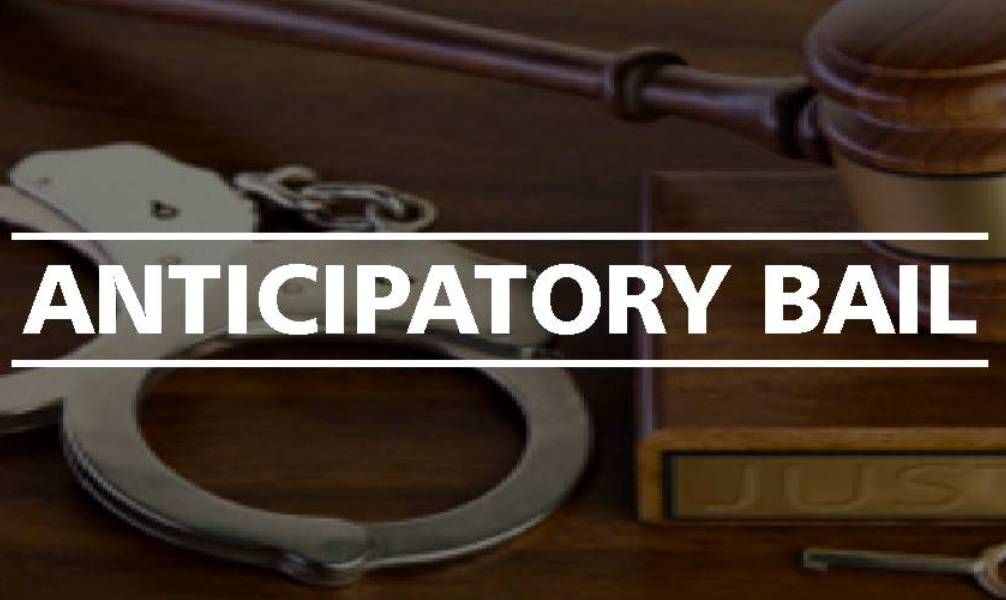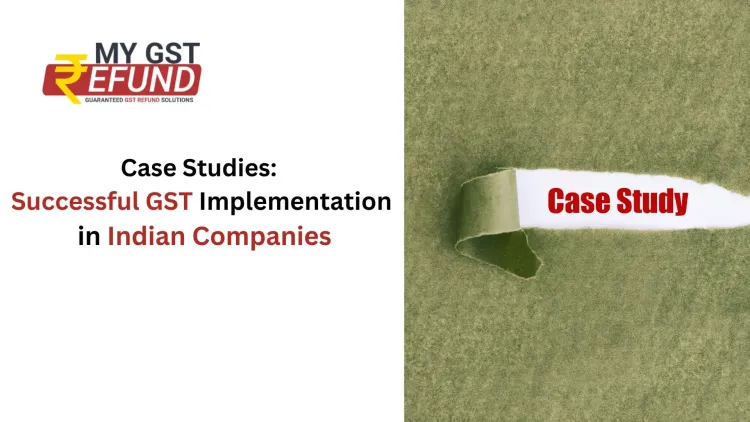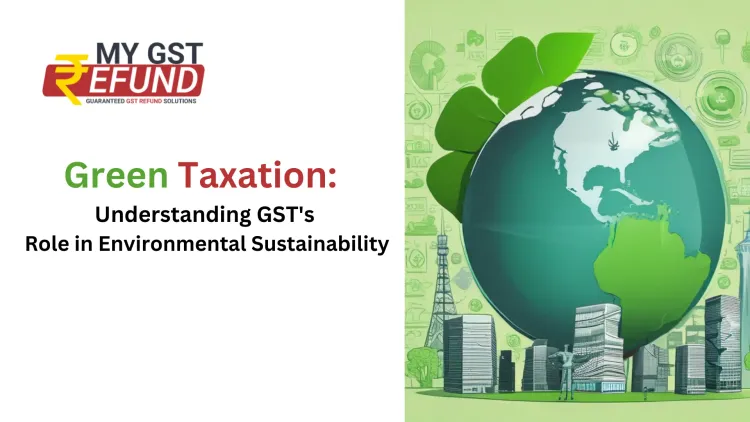Are you Director and don’t know the Risk/ obligations under GST – Ex Director Anticipatory bail rejected for GST Default during his tenure of 5 Crore?
Published on: Sat Jul 16 2022
Facts of the case
The Applicant was involved in ITC fraud and passing of ineligible ITC amounting to Rs. 17.93 Crore. The allegation against the Applicant was he has shown purchase and sale of scrap fictitious. The applicant did not make an appearance before the authority, hence authority arrested another director, and the applicant applied for anticipatory bail.
Why Bail was asked
The Applicant gave the contention before the court that he was director for a period of only seven months and all the documents is in the department’s custody. Further, Applicant made the contention that the ITC amount has been calculated without any concluded assessment, computation, or adjudication that’s why it is possible that the final amount of evasion can be less than the threshold limit prescribed in Section 132 of the CGST is 5 crores.
Section Involved
Perusing section 89 regarding the liability of a director of a private company to being responsible, Court derived “If this section is taken into consideration, the applicant being a director is responsible and liable to pay tax.” The Section involved in this case was Section 132 of the CGST, which states that if the amount of tax evaded or erroneous refund or wrong ITC availed exceeds Rs 5 crore then the punishment shall be of 5 years and in this case, the amount involved is Rs. 18 Crore.
Section 137 of the CGST Act states that every person who is in charge of the company shall be responsible for any misconduct in the business of the company.
Why It is Rejected
The court find that the Applicant was the director of the company and he has subsequently resigned considering section 89 of the CGST, the applicant being a director is responsible and liable to pay tax.
Further, the court stated that in this case Input Tax Credit is RS 9.73 Crore and Output Tax credit is Rs 8.20 which is more than 5 Crore which is prescribed in section 132 of the CGST Act, 2017, then the offence is cognizable and non – bailable. The court places the reliance on the Telangana and Andhra Pradesh HC in the case of P.V. Ramana Reddy & Ors and observation of Bombay HC in Amit Kumar Shukla vs UOI, Court came to the conclusion that “the applicant has failed to make about the case to allow the application. The application deserves to be rejected.”
Conclusion
It is important that Directors should ensure that during their tenure of them being directors, regular health checks of GST should be done. The same should not account for any compliance like GSTR-9 and GSTR-9C. Apart from the same, it is also important that cases like Circular trading activities should be avoided. In case, if the Director is actually not involved in day-to-day activities then the said should be kept on record by way of Board resolution wherein restrictions on the activities should be mentioned including GST.
So, it is essential that GST Health check reports should be seen and implementation of the said report should be done to avoid the risk of non-compliance and defaults in the future even after the resignation from the company.
Case Name
Pushkar Rajendra Wangikar vs The State of Maharashtra
[TS-344-SSC-2022-GST
Related Posts




